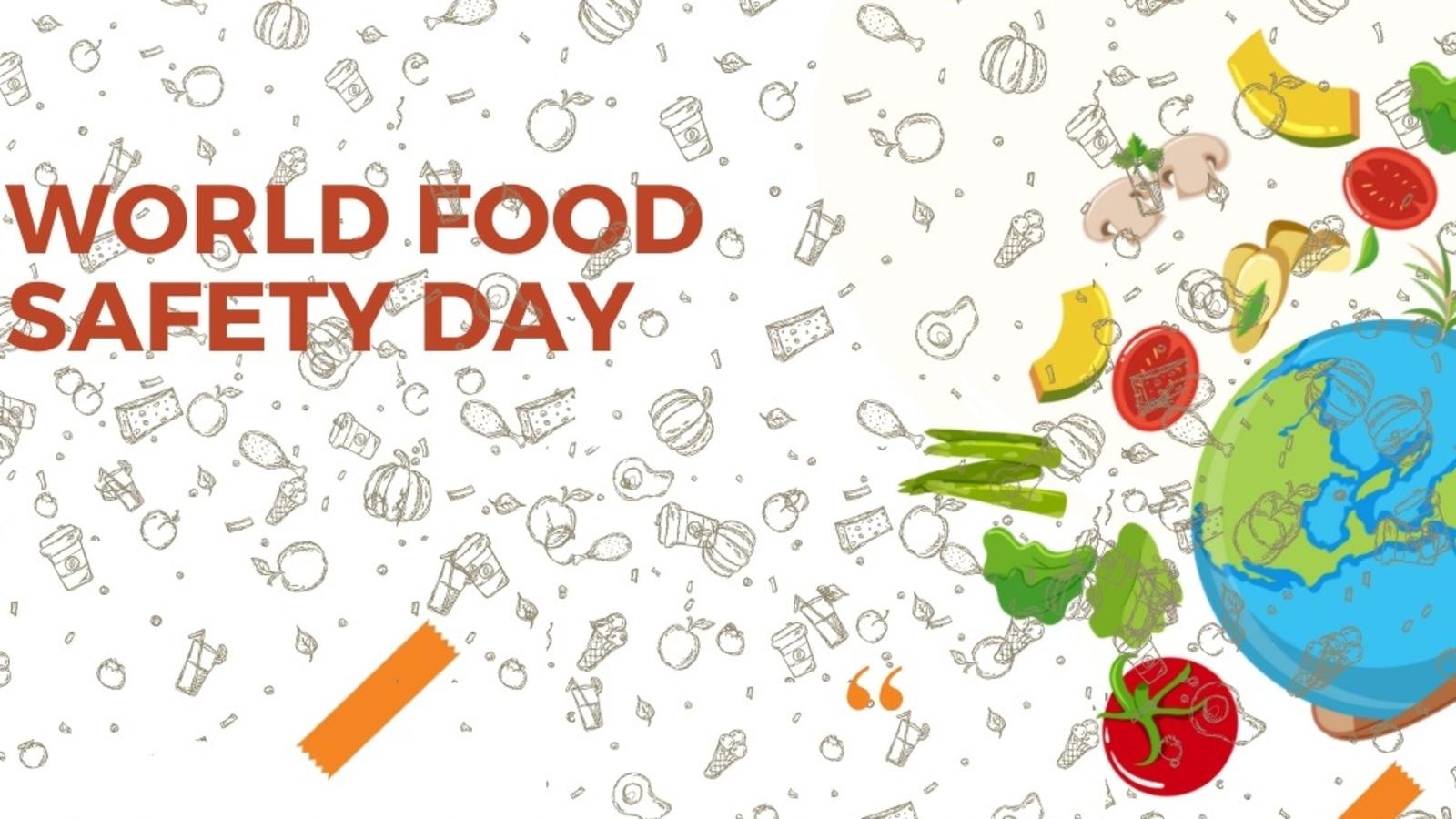Every year on June 7, the world comes together to observe World Food Safety Day, a day dedicated to raising awareness about the importance of food safety and promoting actions that help prevent, detect, and manage foodborne risks. First established in 2018 by the United Nations General Assembly, this day emphasizes that safe food is essential for good health, sustainable development, and economic progress.
Why Food Safety Matters
Food safety is a global concern that affects everyone. According to the World Health Organization (WHO), around 600 million people—almost 1 in 10 worldwide—fall ill after eating contaminated food each year, and 420,000 die, many of them children. Unsafe food can contain harmful bacteria, viruses, parasites, or chemical substances that can cause more than 200 diseases, from diarrhea to cancers.
Contaminated food not only affects health but also hinders trade, tourism, and agriculture. In developing countries, poor food safety can perpetuate cycles of poverty and malnutrition.
Theme of World Food Safety Day 2025
The theme for 2025 (example):
"Food Safety: Prepare for the Unexpected"
This theme focuses on the importance of building resilient food safety systems that can handle emergencies such as natural disasters, pandemics, or supply chain disruptions. It urges governments, producers, and consumers to work together and be ready for unexpected challenges that can impact the food supply.
Key Messages of World Food Safety Day
-
Food safety is everyone's responsibility: From farm to table, everyone plays a role in keeping food safe—farmers, manufacturers, sellers, governments, and consumers.
-
Preventive measures save lives: Proper food handling, clean water, safe storage, and hygiene practices are essential to preventing foodborne illnesses.
-
Safe food supports healthy lives and economies: Investing in food safety helps reduce the burden on healthcare systems and supports global economic stability.
-
Be prepared: Strengthening food safety systems ensures that communities can withstand food-related emergencies.
How Can You Contribute?
-
At Home: Wash hands before handling food, cook meat thoroughly, store perishables correctly, and avoid cross-contamination.
-
As a Student or Consumer: Stay informed, ask questions about where your food comes from, and share knowledge about food safety.
-
For Businesses: Follow food safety regulations and train staff in proper food handling procedures.
-
As Governments and Policymakers: Create and enforce food safety standards, educate the public, and invest in food safety infrastructure.
Conclusion
World Food Safety Day reminds us that access to safe, nutritious, and sufficient food is a fundamental human right. In a world that is rapidly changing due to globalization, climate change, and technology, ensuring food safety requires constant attention and collective action. Let's commit to making our food systems stronger, safer, and more resilient—for our health and the generations to come.

